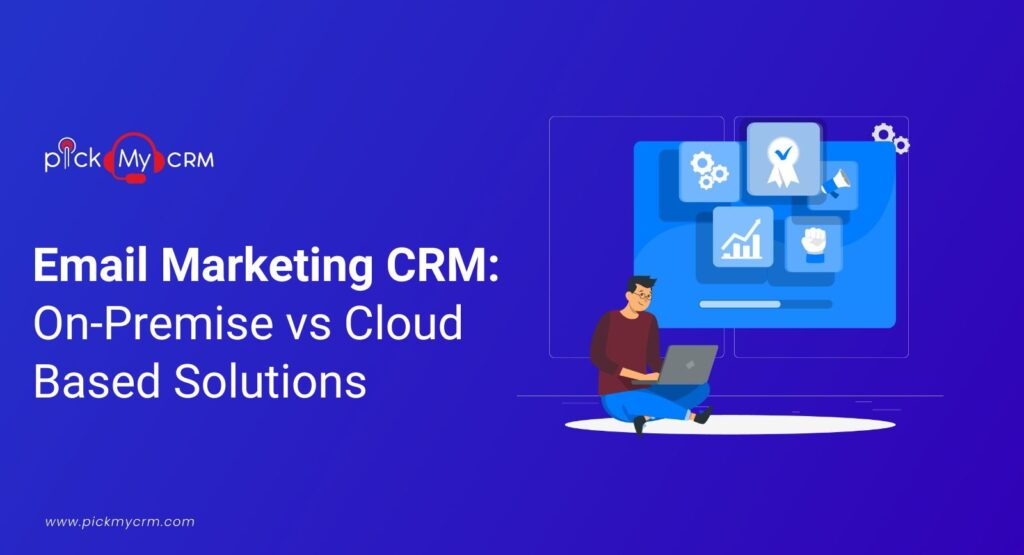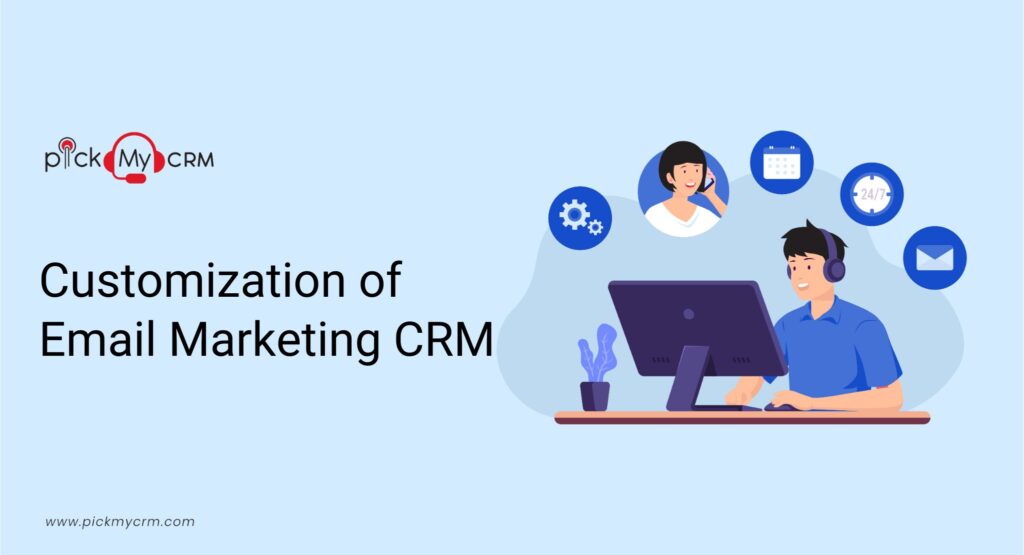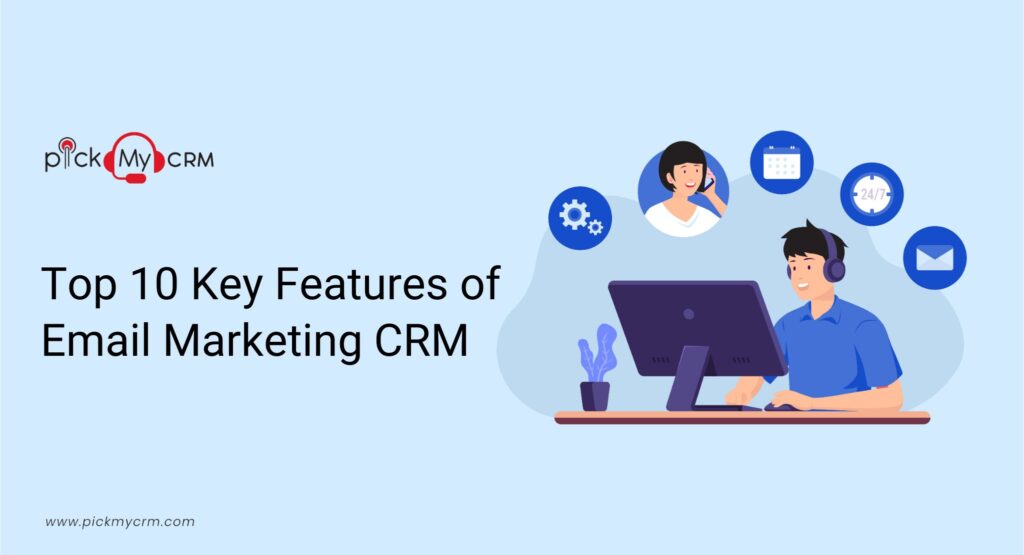Email Marketing CRM: On-Premise vs. Cloud-Based Solutions

On-Premise Email Marketing CRM
An on-premise Email Marketing CRM entails the installation and maintenance of the software within an organization's infrastructure. This option proffers an unparalleled level of control over data, enabling companies to safeguard sensitive customer information in a localized environment. Customization capabilities flourish in this setting, allowing businesses to fine-tune the CRM system to their unique workflows and preferences. Nevertheless, the on-premise landscape is not devoid of challenges. Initial setup costs can be considerable, spanning hardware acquisition, software licenses, and IT expertise. Maintenance demands consistent dedication, entailing periodic updates, security patches, and hardware upkeep. Furthermore, scaling operations can be cumbersome, potentially resulting in constrained agility when navigating market shifts.Advantages:
- Data Control: On-premise solutions empower organizations with the ability to retain full control over their data, minimizing security concerns associated with external cloud hosting. According to a study by Osterman Research, 56% of respondents cited data control as the primary reason for choosing on-premise CRM solutions.
- Customization: Tailoring the CRM system according to specific business processes and requirements fosters optimized workflows and enhances operational efficiency. A report by Forrester Research highlights that 82% of organizations using on-premise CRM systems report higher satisfaction due to customization capabilities.
- Regulatory Compliance: Companies operating in highly regulated industries can exercise granular control over data handling, ensuring adherence to stringent compliance standards. The HIPAA Journal reports that 79% of healthcare organizations prefer on-premise CRM solutions to meet strict industry compliance regulations.
Disadvantages:
- Cost Intensiveness: The initial investment for hardware, software licenses, and skilled personnel can pose a financial strain, especially for small to medium-sized enterprises. Gartner's research reveals that the total cost of ownership for on-premise CRM solutions can be up to 75% higher than cloud-based alternatives over five years.
- Maintenance Overheads: Ongoing maintenance efforts demand dedicated resources, diverting focus from core business activities and potentially incurring additional costs.
- Limited Scalability: Expanding or downsizing operations can be intricate and time-consuming, potentially hindering adaptability to shifting market dynamics.
Cloud-Based Email Marketing CRM
Conversely, cloud-based Email Marketing CRM solutions have surged in popularity due to their inherent flexibility and accessibility. By entrusting data storage and management to external providers, organizations can concentrate on strategic marketing initiatives rather than IT administration. Scalability becomes an inherent virtue, allowing businesses to swiftly adjust resources in response to demand fluctuations.Advantages:
- Cost-Efficiency: Cloud-based solutions sidestep upfront capital expenditures, shifting the financial burden to manageable subscription fees while granting access to advanced features. A survey by Nucleus Research finds that cloud-based CRM deployments deliver an average ROI of $8.71 for every dollar spent.
- Scalability: Rapidly adapt to market dynamics by effortlessly scaling resources up or down, ensuring operational agility and optimized resource allocation. IDG's Cloud Computing Survey reports that 70% of organizations cite scalability as a top reason for adopting cloud-based CRM solutions.
- Ease of Maintenance: Automatic updates, security patches, and hardware management are shouldered by the service provider, freeing internal resources for core tasks. According to Salesforce, companies using cloud-based CRM solutions experienced a 94% improvement in data accuracy and an 81% reduction in administrative time.
Disadvantages:
- Data Security Concerns: Hosting data externally raises apprehensions about data breaches and privacy. A diligent selection of reputable providers is imperative. The Cloud Security Alliance highlights that 72% of surveyed organizations list data privacy as a top concern when considering cloud-based CRM adoption.
- Dependency on Internet Connectivity Unreliable or slow Internet connections can hinder CRM accessibility, potentially disrupting critical business operations.
- Limited Customization: While cloud-based solutions offer a range of features, customization options may be constrained compared to on-premise alternatives.



